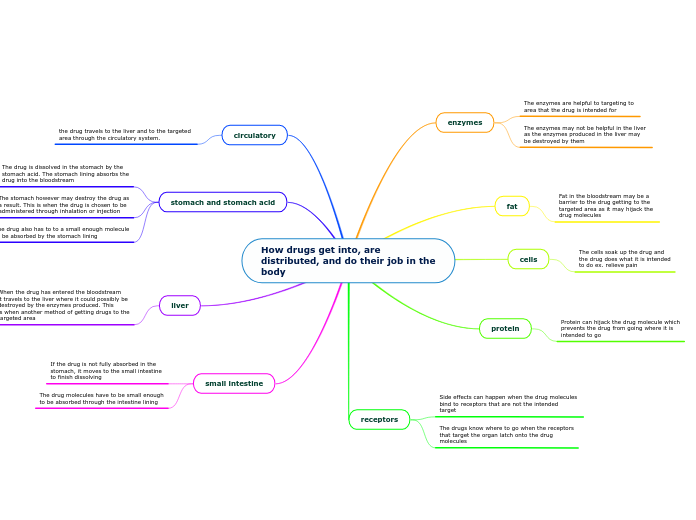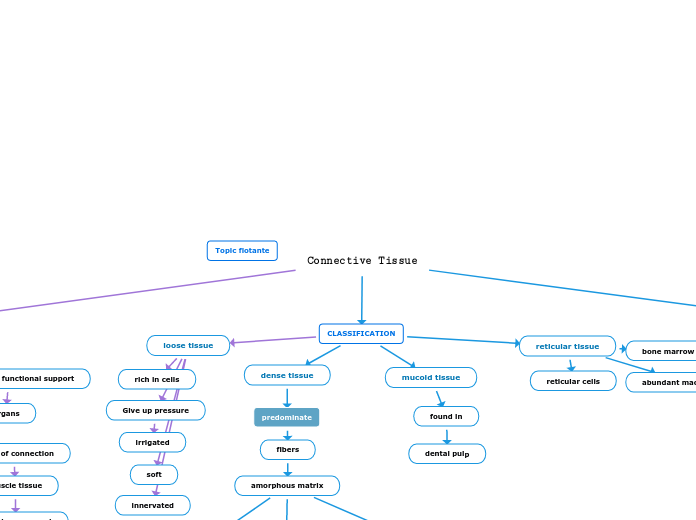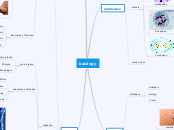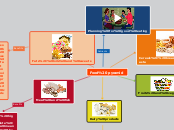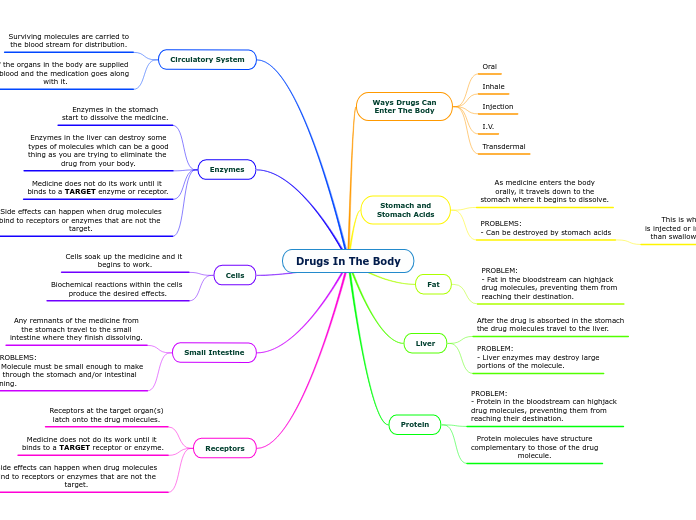da Megan Sturgeon mancano 4 anni
377
How drugs get into, are distributed, and do their job in the body
The journey of drugs within the human body is complex, involving multiple stages and potential barriers. Upon administration, drugs must navigate through the digestive system, beginning in the stomach where acids can either dissolve or destroy them.
